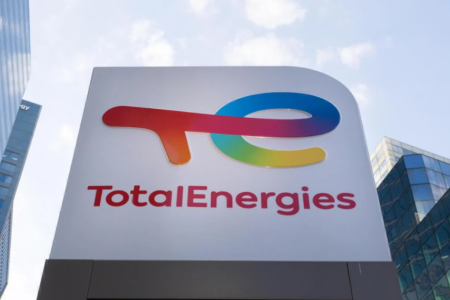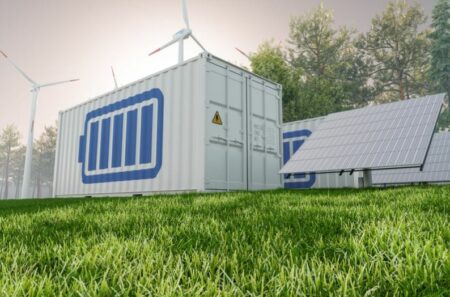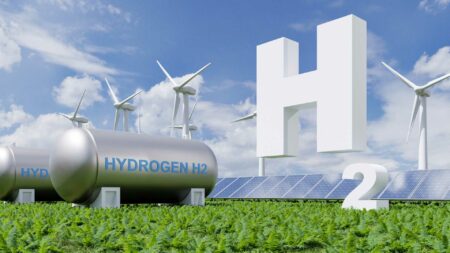The most recent financing round from innovation programs intends to accelerate the development of sustainable biomass feedstocks and novel low-carbon hydrogen technologies.
The government has given £37 million to projects that might improve the UK’s production of sustainable biomass feedstocks and hydrogen, in an effort to expedite the development of two sectors that could play a crucial part in the transition to net zero emissions.
Yesterday, the Department for Business, Energy, and Industrial Strategy (BEIS) announced that 12 projects will receive £32 million under Phase 2 of the Biomass Feedstocks Innovation Program, and 22 projects will receive a portion of £5 million in funding under the Hydrogen BECCS (biomass energy with carbon capture and storage) Program.
“Accelerating domestic renewables like as biomass is crucial to eliminate our reliance on costly and volatile fossil fuels,” said Energy Minister Greg Hands. This £37 million in government funding will promote innovation throughout the United Kingdom, boosting employment and providing greater energy security for years to come.
The use of biomass feedstocks to generate energy or create fuels remains controversial in some circles, with critics stating that the rising need for land to grow the energy crops or wood chips utilized by biomass and biofuel companies can lead to an increase in greenhouse gas emissions.
The Climate Change Committee (CCC) has suggested that it sees certain forms of biomass as playing a role in the transition to net zero.
As a result, the Biomass Feedstocks Innovation Program seeks to fund initiatives that may identify and scale up new sustainable biomass feedstocks. The second phase of the initiative will facilitate the development of design-stage concepts into prototypes. BEIS stated that the selected projects would be used to demonstrate new and innovative methods for cultivating sustainable biomass materials that can be utilized to generate low-carbon electricity.
Miscanspeed, a program sponsored by Aberystwyth University that seeks to accelerate the breeding of high-yielding, durable miscanthus grass varieties that are suitable for biomass usage, is one of the projects receiving support.
Meanwhile, Scarborough-based SeaGrown Limited will receive over £2.8 million to research new techniques for farming and harvesting seaweed off the coast of North Yorkshire for use as a biomass feedstock.
In addition, BEIS revealed yesterday that it will give £5 million to stimulate innovation in low-carbon hydrogen technology as part of its Hydrogen BECCS Innovation Program.
The government stated that the financing would support organizations working on initiatives that combine the production of hydrogen from biogenic feedstocks with carbon capture capabilities to reduce greenhouse gas emissions.
The $5 million in financing is available via Phase 1 of the program, which provides up to $250,000 per project for scoping and development work.
The Hydrogen BECCS Innovation Program is a component of the BEIS’s £1 billion Net Zero Innovation Portfolio, which intends to expedite the commercialization of new clean energy technologies and processes in the 2020s and 2030s.
During Phase 1 of the initiative, 22 organizations, including startups and small to medium-sized businesses, were awarded funding.
Funding will be utilized to support the development of project proposals targeted at producing novel, commercially viable hydrogen BECCS technology solutions across three primary areas.
These include the development of low-cost, energy- and material-efficient methods that optimize biogenic feedstocks for application in modern gasification technology. Also being investigated is the development of new gasification technology components with an emphasis on enhancing syngas quality and upgrading for hydrogen production. And the development of novel biohydrogen technologies that can be integrated with carbon capture, such as dark fermentation, anaerobic digestion, and waste-water treatment.
The £5 million funding package included a research led by the University of Hull called Project Bluegen, which investigates the creation of bio-refinery waste through the conversion of lignocellulosic biomass.
BEIS stated, “This government funding for innovation in biomass production will help support the government’s goals to scale up and accelerate the development of clean, renewable energy in the United Kingdom in order to safeguard the nation’s energy security.” “Supporting innovative hydrogen BECCS technology will help the government realize its vision of hydrogen as the clean super fuel of the future, as well as encourage green investment in the United Kingdom and assist the creation of new jobs.”








